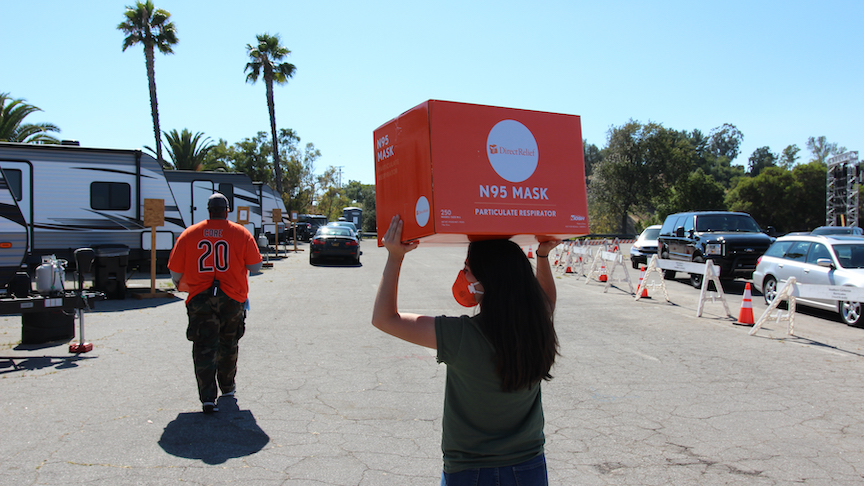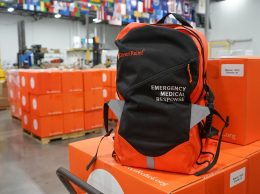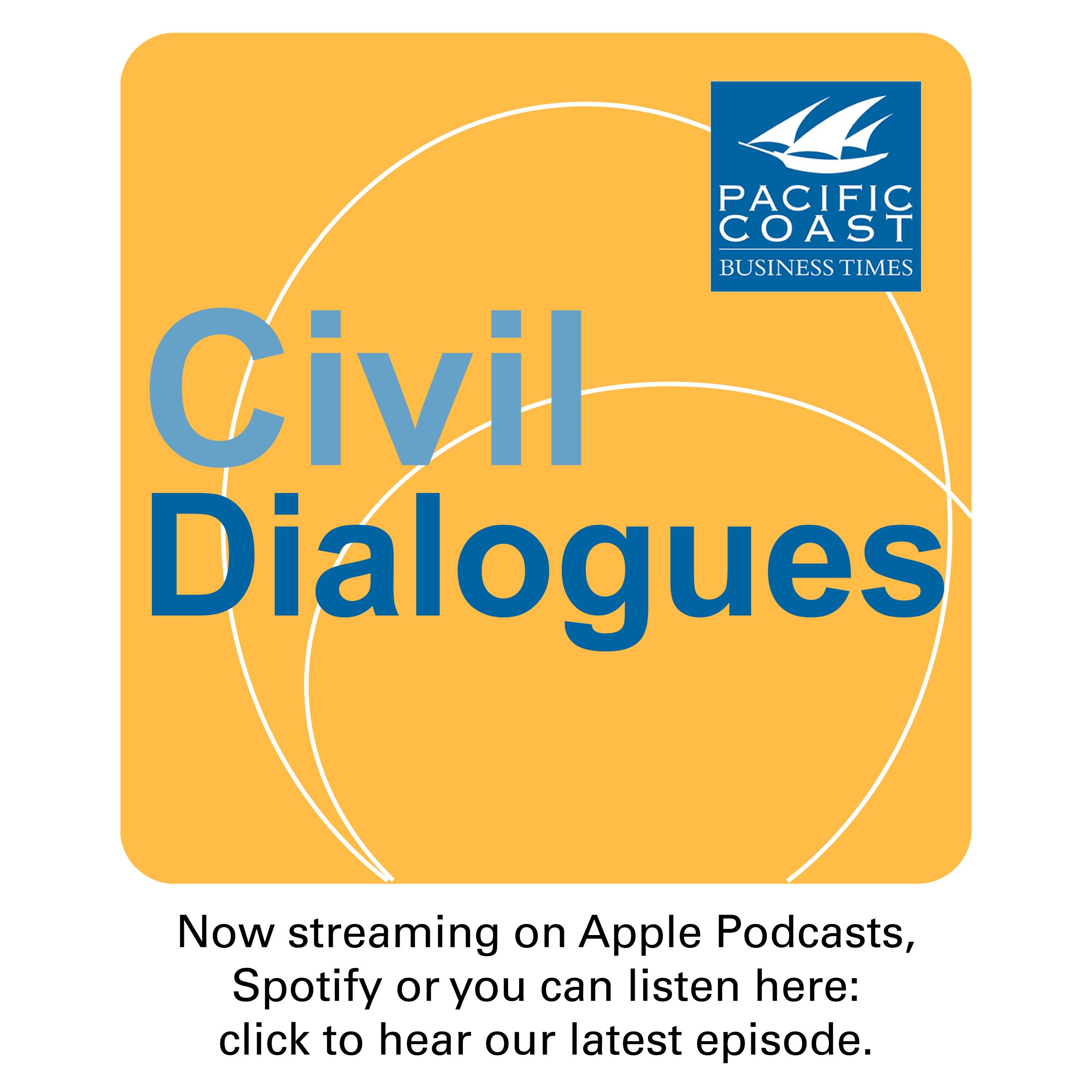Direct Relief launches new health equity fund with Scott’s $50M gift
IN THIS ARTICLE
- Health Care & Life Science Topic
- Tony Biasotti Author
By Tony Biasotti Tuesday, March 2nd, 2021

MacKenzie Scott’s donation to Direct Relief equaled the largest in the organization’s history, at $50 million, and will go toward the Fund for Health Equity, a new project Direct Relief unveiled March 2.
Scott announced in December that she was giving nearly $4.2 billion to 384 different charitable organizations in the United States. Direct Relief, a humanitarian aid nonprofit based in Santa Barbara, was listed as one of them, but at the time, the organization did not disclose either the amount or purpose of Scott’s gift.
Direct Relief has already raised $75 million for the Fund for Health Equity, including Scott’s $50 million, $10 million from the drug company AbbVie and $1 million from the NBA’s Miami Heat. The NBA as a league has also signed on to help, by making the Fund For Health Equity one of four recipients of charitable dollars raised in coordination with the All-Star Game on March 7.
The Fund for Health Equity has a fundraising goal of $150 million. It aims to remedy inequalities in U.S. health and health care by funding “health centers, free and charitable clinics and other community-based organizations addressing non-clinical matters and circumstances that strongly affect a person’s health,” Direct Relief said in a March 2 news release. These “social determinants of health” include “physical, social, political, cultural, and economic environments,” the nonprofit said.
It’s something of a new direction for Direct Relief, which has traditionally focused on distributing medicine and other supplies around the world, especially to disaster-stricken areas. It is the largest nonprofit based in the Tri-Counties and one of the largest in the United States, with around $2 billion in revenue in the 2019-2020 fiscal year.
AbbVie approached Direct Relief last year, during the nationwide protests over police brutality and racism, in order to “do something related to racial equity and health,” Thomas Tighe, Direct Relief’s president and CEO, told the Business Times.
“It was something we thought about for a long time, because it was not a way we had typically described Direct Relief,” Tighe said. “Our longstanding mission at Direct Relief is to provide humanitarian health services for people in need. What we do is all about getting people access to health who don’t have access to health, so we came up with the idea of the Fund for Health Equity that would allow us to lean in to some of these places and populations and issues here at home.”
The Fund for Health Equity will distribute grants to nonprofits, public agencies and other groups that provide health services. The distribution will be guided by a five-member advisory council that includes Dr. Regina Benjamin, who was U.S. Surgeon General from 2009 to 2013.
That strategy fits Direct Relief well, Tighe said, because the organization already works with smaller local agencies when it distributes medicine and other supplies. And distributing prescription medication requires “a measure of due diligence that is uncommon in philanthropy,” Tighe said, so Direct Relief has experience vetting its partners.
Still, Direct Relief is more used to giving and receiving supplies than cash. In the 2019-2020 fiscal year, it took in $1.82 billion in donated goods and services, and $171 million in cash contributions.
That does not include Scott’s $50 million donation, which came in the 2020-21 fiscal year. It is equal to the largest gift Direct Relief has ever received: $50 million from AbbVie in 2018 for health care centers in Puerto Rico.
Scott has become one of the world’s leading philanthropists since she divorced Amazon founder Jeff Bezos in 2019. In 2020 alone she donated nearly $6 billion.
When Direct Relief executives first heard from Scott’s representatives last year, they had no idea who they were dealing with—or even that the “unnamed philanthropist” might be in the position to make a notably large donation, Tighe said.
“One never knows, so you talk to whoever expresses interest,” he said. “It was cryptic, but very professional. It seemed rude to ask who they were representing. They were very engaged, polite people who knew a lot about Direct Relief.”
Related Articles
 Friday, March 4th, 2022
Friday, March 4th, 2022
Dubroff: Helping the people of Ukraine is a natural fit for Santa Barbara’s Direct Relief
 Wednesday, December 22nd, 2021
Wednesday, December 22nd, 2021










